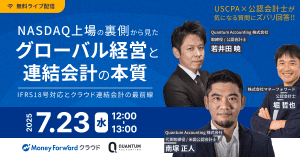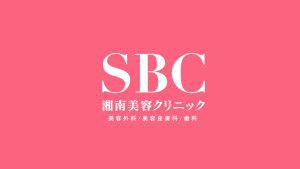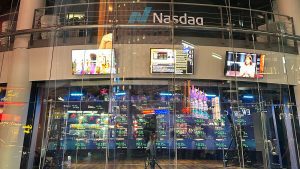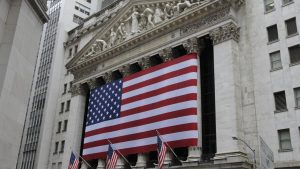We would like to introduce an article on the latest trends in U.S. securities litigation, written for BUSINESS LAWYERS by our Director, Christopher Studebaker (Attorney at Law).
The following is a quote from the article regarding its content.
Litigation Risk for American Depositary Receipts (ADRs)
American Depositary Receipts (ADRs) are shares of non-U.S. companies (hereinafter, “foreign companies”) that are traded on U.S. stock exchanges or sold over-the-counter, just like the shares of U.S. listed companies. ADRs are advantageous for foreign companies because they allow them to attract U.S. investors and capital without incurring the expense of listing on a U.S. stock exchange.
Nearly 350 listed Japanese companies have ADRs traded on U.S. stock exchanges or over-the-counter. This number is expected to grow further as Japanese venture companies increasingly seek to attract foreign capital from the U.S. and other markets. Considering how important ADRs are to Japanese companies, this two-part series will discuss the risks faced by ADR-issuing companies and the measures to mitigate those risks.
Part 1: Overview of ADRs and Risks Relevant to Japanese Companies
Part 1 provides an overview of the types of ADRs traded within the U.S., a significant 2010 U.S. Supreme Court decision that reduced the risk of U.S. securities litigation for foreign companies, and how that ruling, in turn, has made it more difficult for investors who suffered damages from securities fraud to claim compensation in the U.S.
Full text available here.
Part 2: Case Studies of Japanese Companies in ADR Litigation
Part 2 introduces recent examples of securities litigation against two Japanese companies (Toshiba Corporation and Nissan Motor Co., Ltd.) and proposes measures that ADR-issuing Japanese companies can take to mitigate the risk of U.S. securities litigation.
Full text available here.









